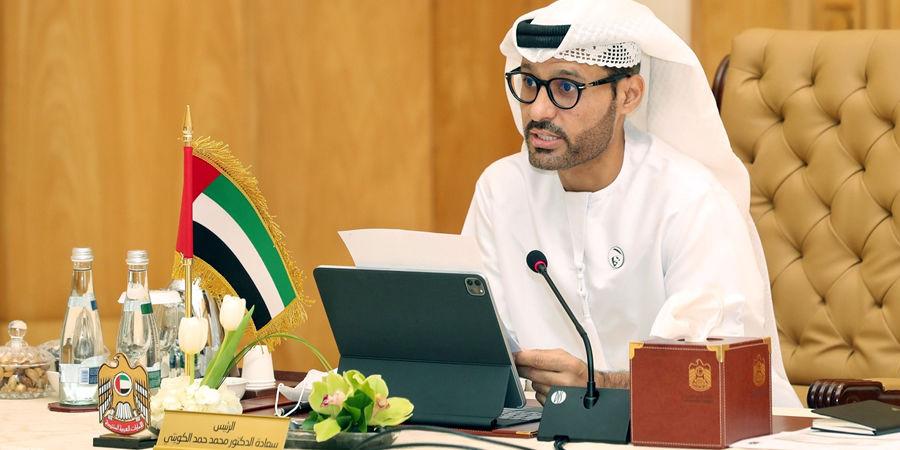The UAE Cybersecurity Council held its third meeting in 2021 at the headquarters of the Armed Forces Officers Club in Abu Dhabi, chaired by Dr. Mohamed Hamad Al Kuwaiti, head of cybersecurity at the UAE Government.
The council discussed several topics and presented the progress and modernisation of the "National Incident Response plan" covering the potential response to attacks and threats and the assessment of its readiness, to ensure the sustainability of the cybersecurity environment and the security of individuals and organisations in cyberspace, according to state news agency.
The national digital security situation and the development plans of the "UAE Government Comprehensive Strategy" were reviewed by the council. Ways of supporting the efforts aimed at raising the public’s awareness about cybersecurity, most notably individuals and organisations, while encouraging them to adopt safe practices when working with advanced technologies in cyberspace were also discussed.
The potential effects of e-attacks and the best practices of addressing and containing urgent crises with efficiency, speed and flexibility were also discussed.
The meeting also analysed the council’s plans and programmes that aim to maximise benefits from the cybersecurity market, train cybersecurity specialists and encourage students to engage in this key sector.
Dr. Al Kuwaiti said that the UAE is a leading country in terms of cybersecurity, due to its cutting-edge infrastructure and its ambitious strategy aimed at boosting the country’s digital security standards, by utilising advanced mechanisms to adapt quickly to urgent changes and address advanced cyberspace attacks.
As global trends transition towards cloud-based services and remote working, cyber security concerns are becoming all the more important for organizations and businesses.
According to a report by Help AG, the cybersecurity arm of Etisalat Digital in collaboration with Proofpoint, a next-generation cybersecurity and compliance company and strategic partner, almost a third (31%) of the Forbes Top 100 Middle East Companies do not have a Domain-based Message Authentication, Reporting and Conformance (DMARC) record in place, leaving their customers at risk of email fraud.
The lack of a DMARC record makes companies potentially more susceptible to cybercriminals spoofing their identity and increases the risk of email fraud targeting their customers.









